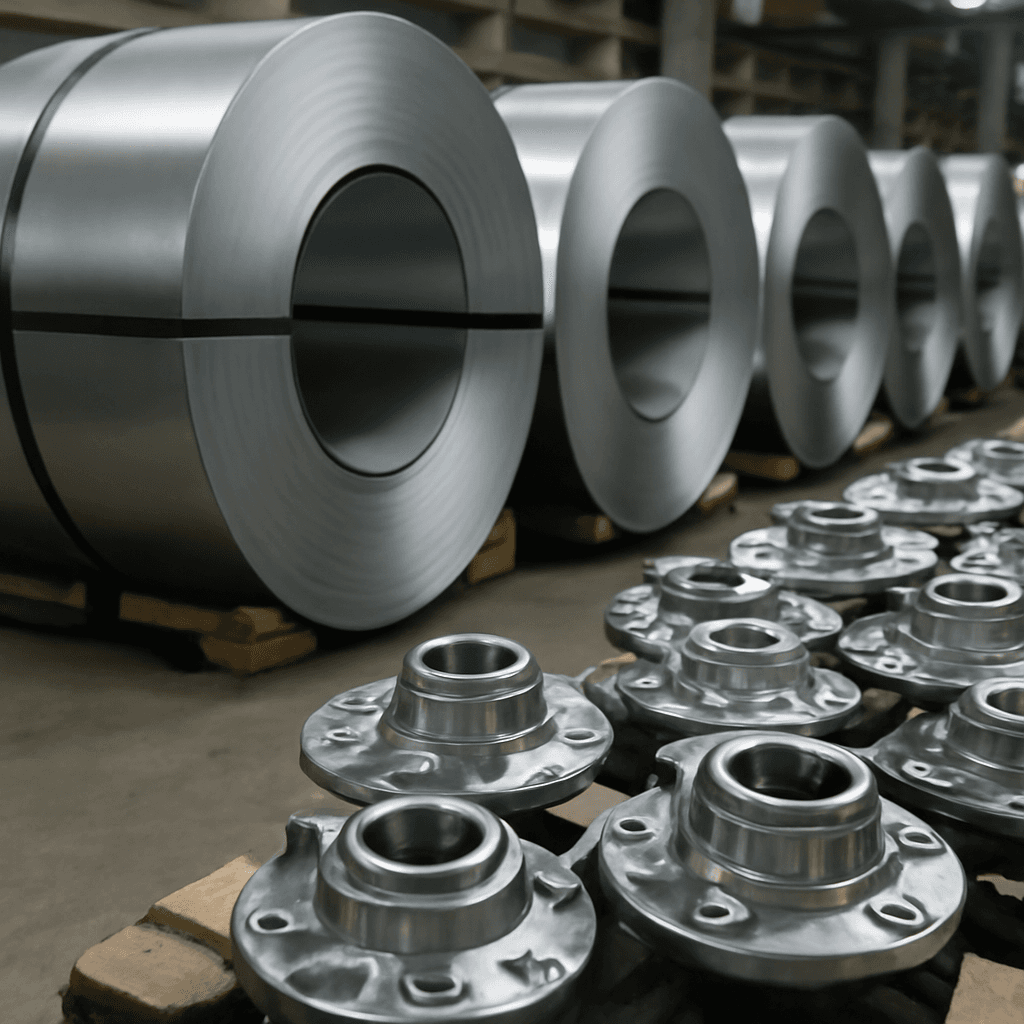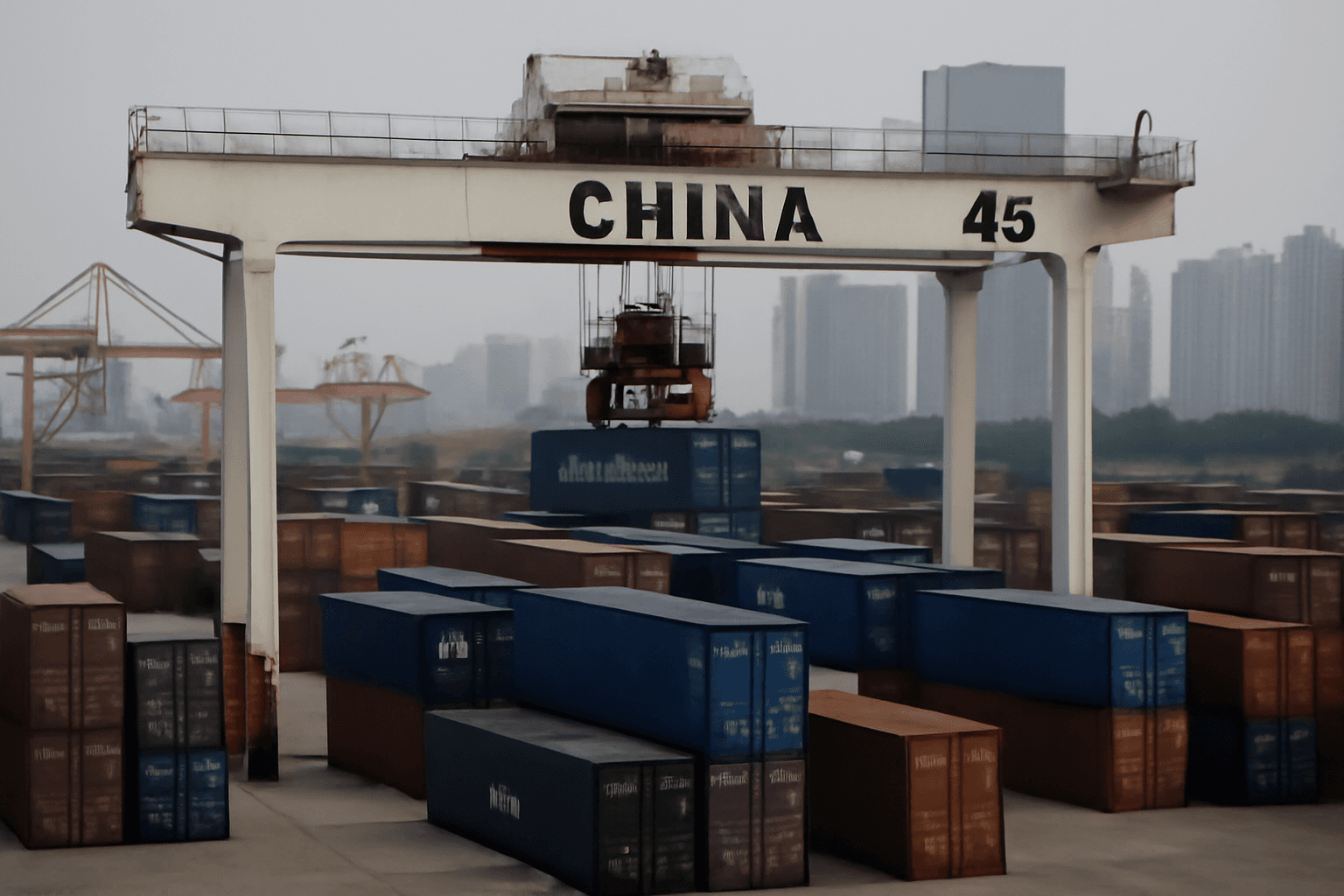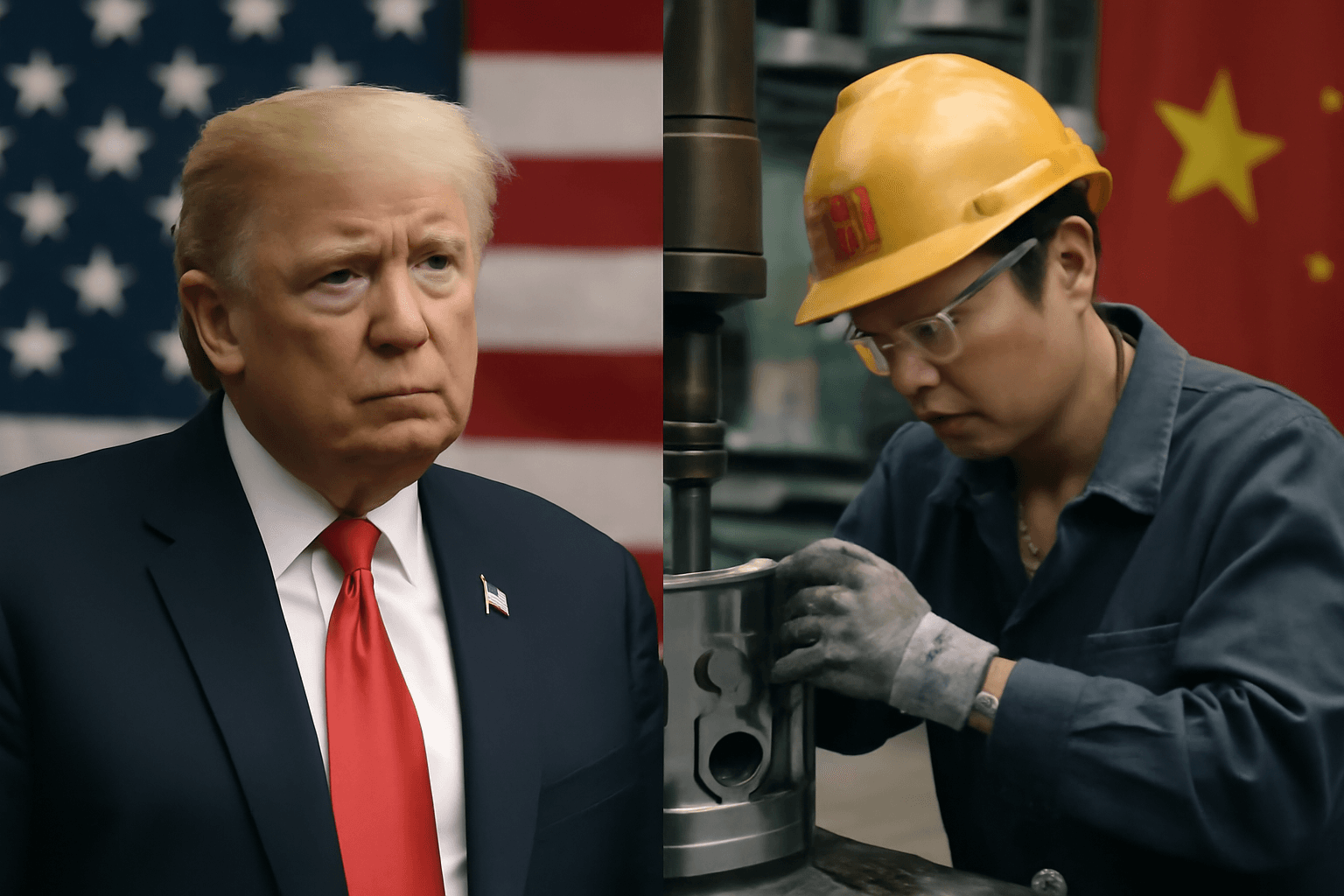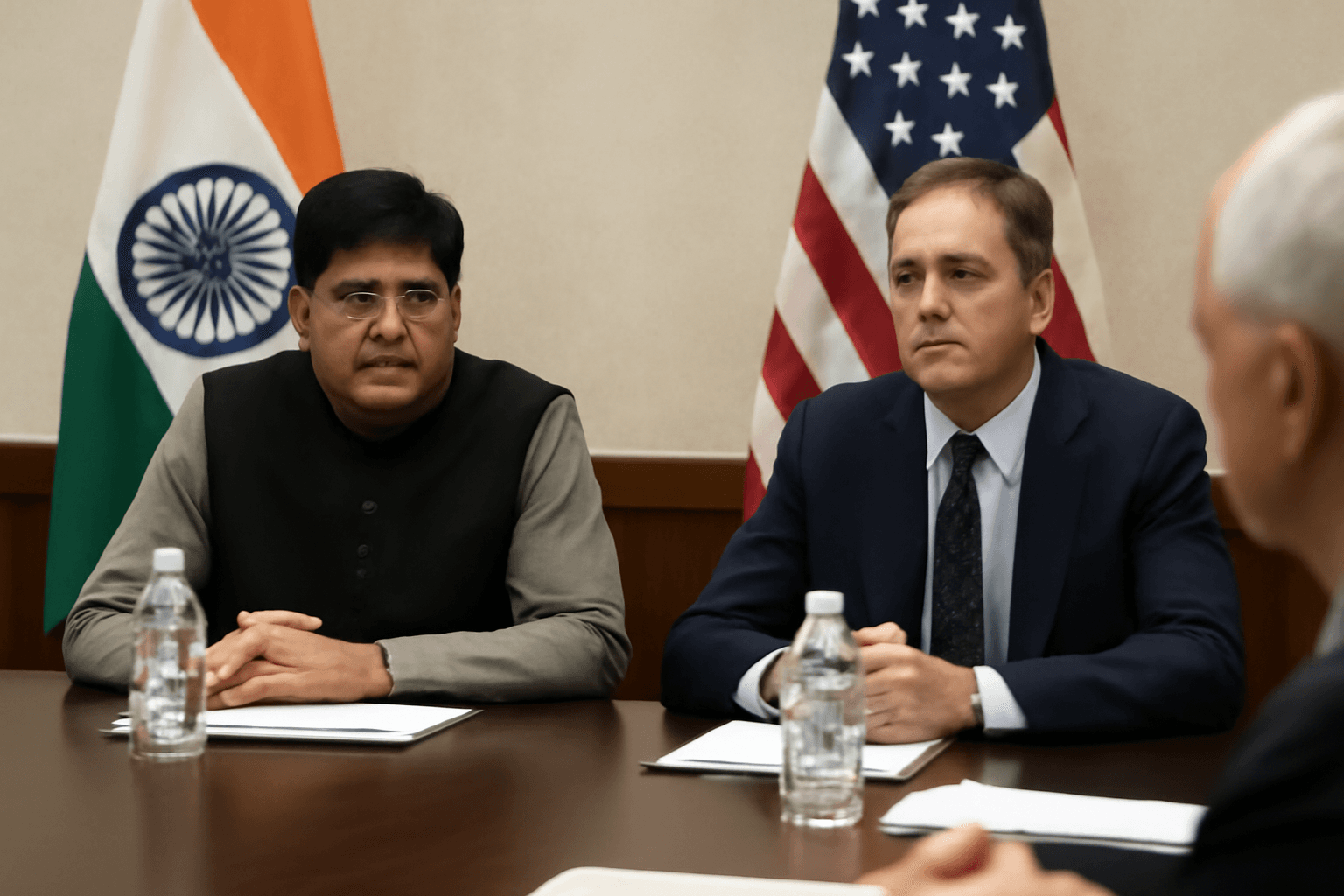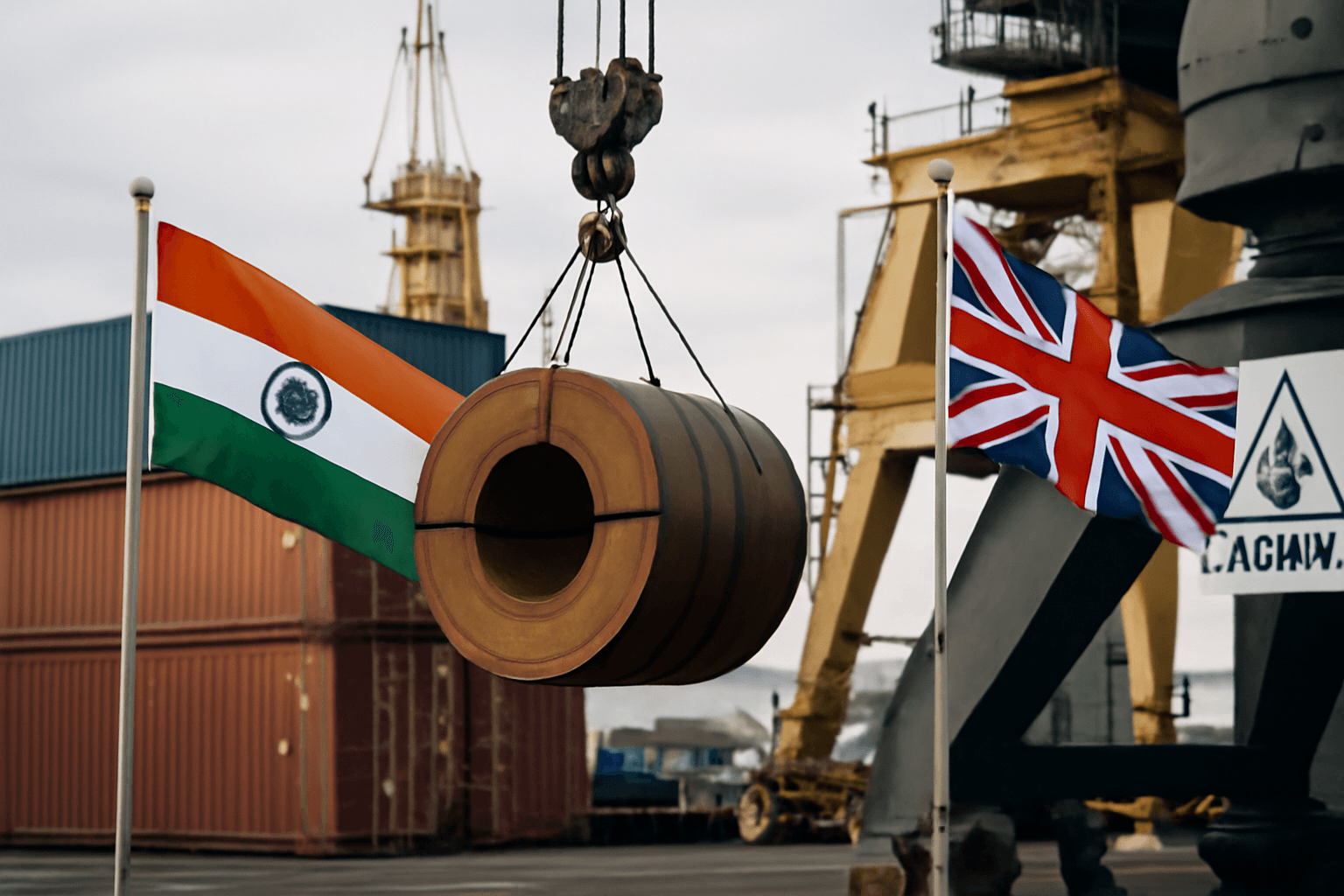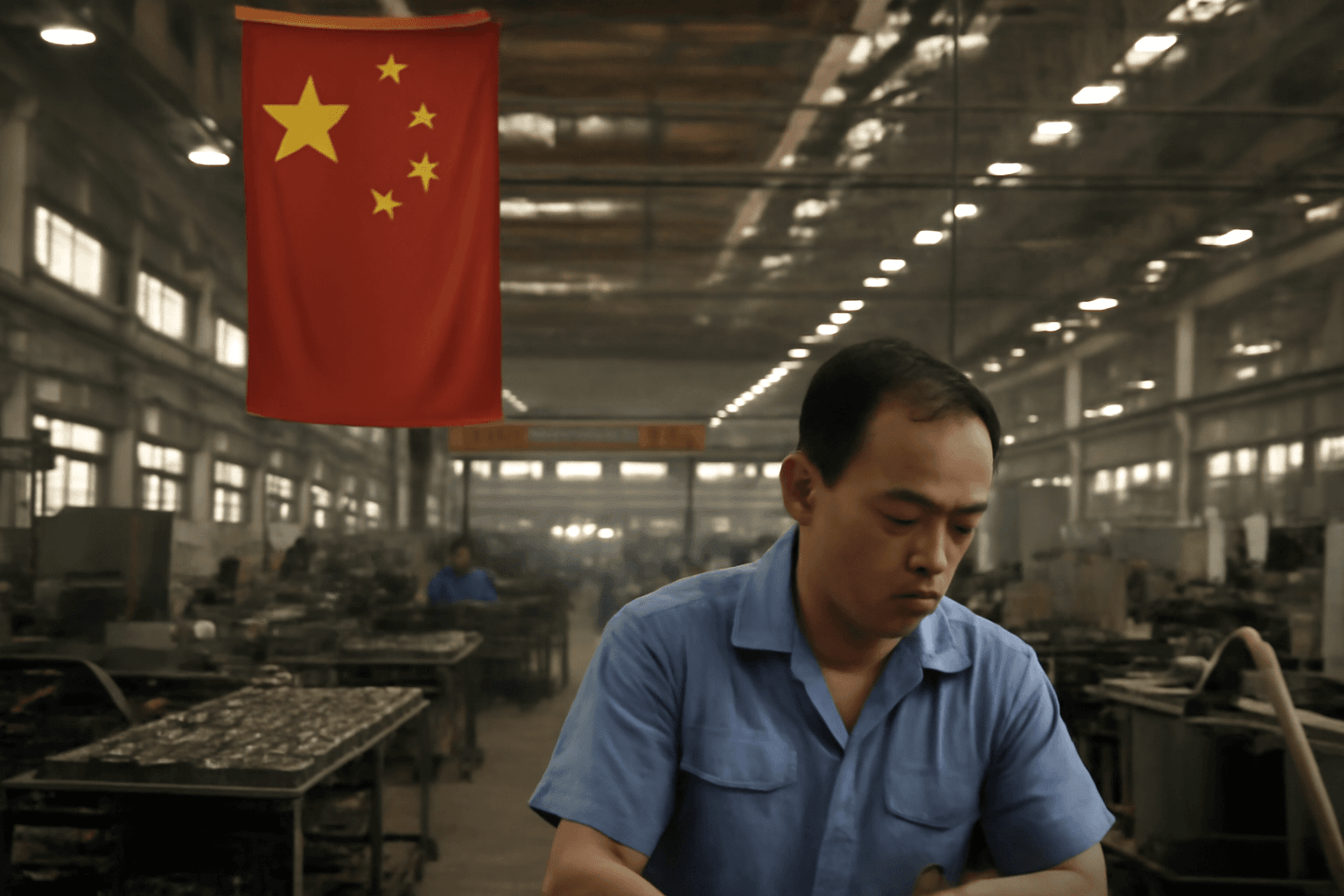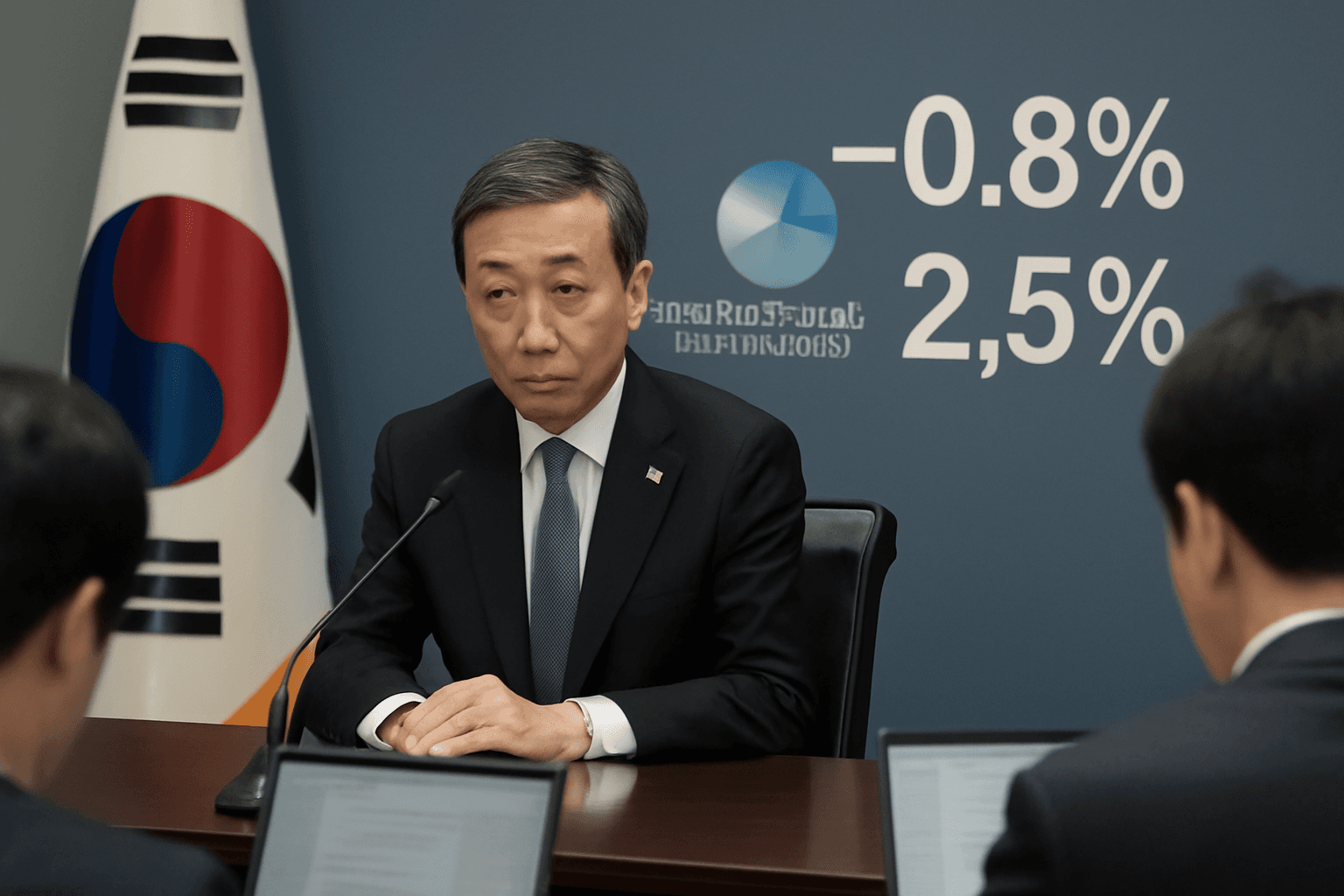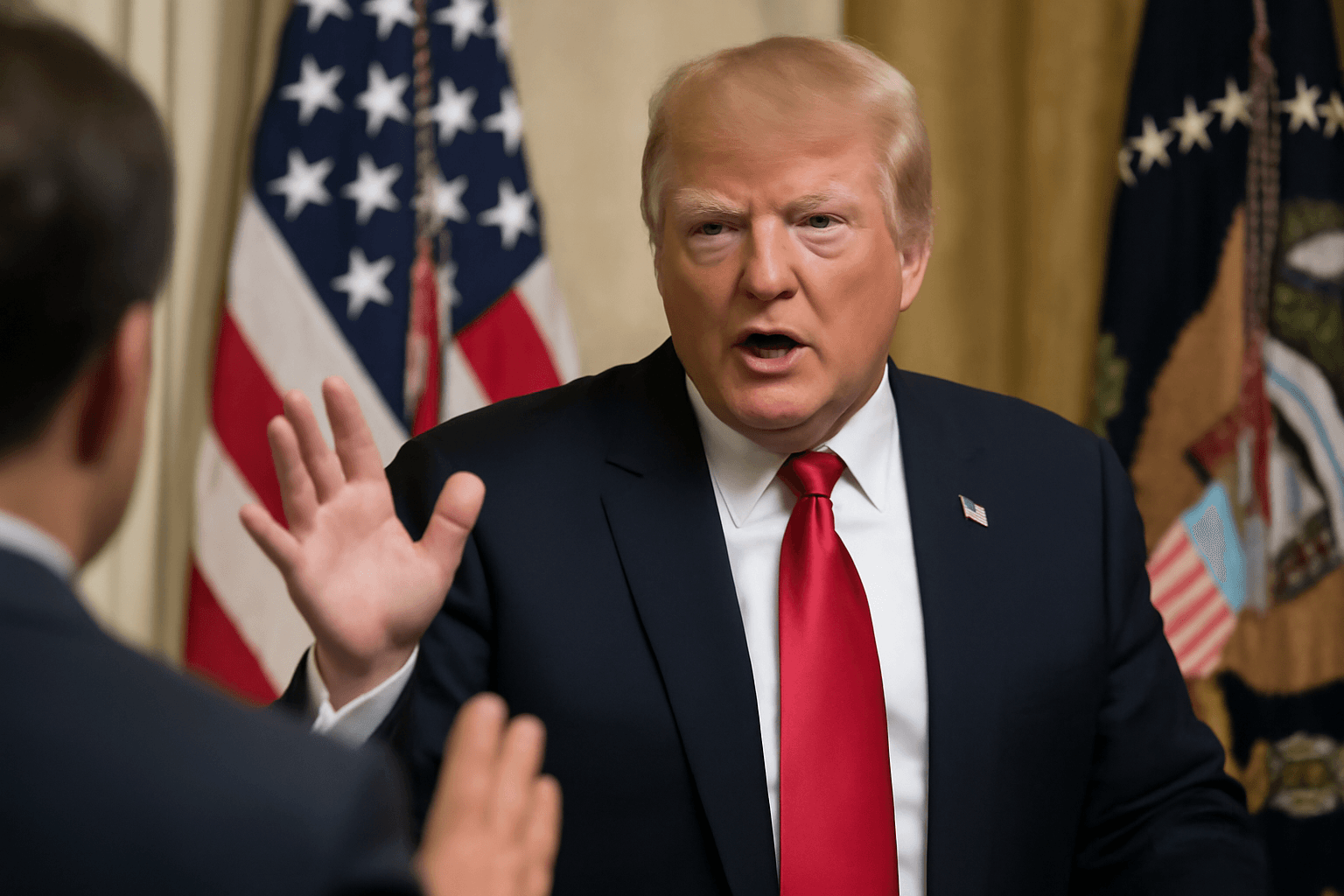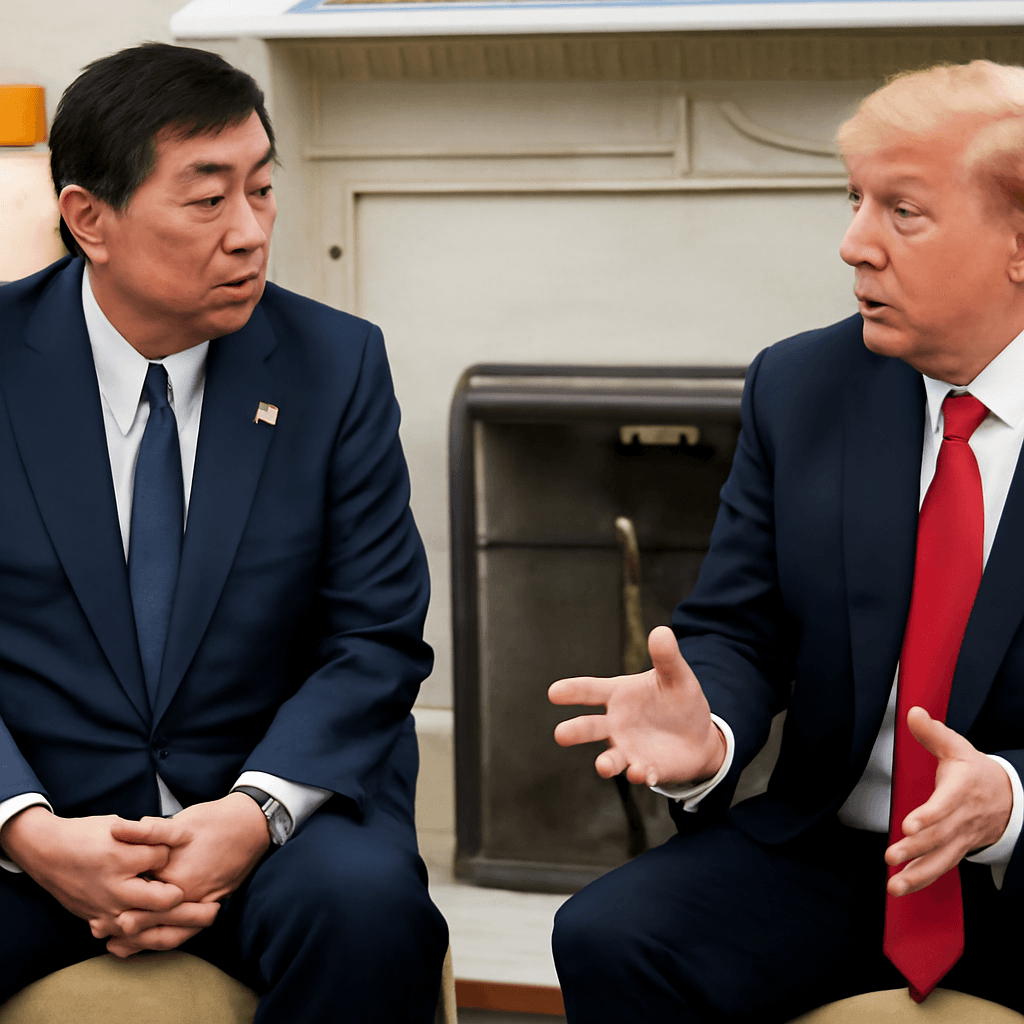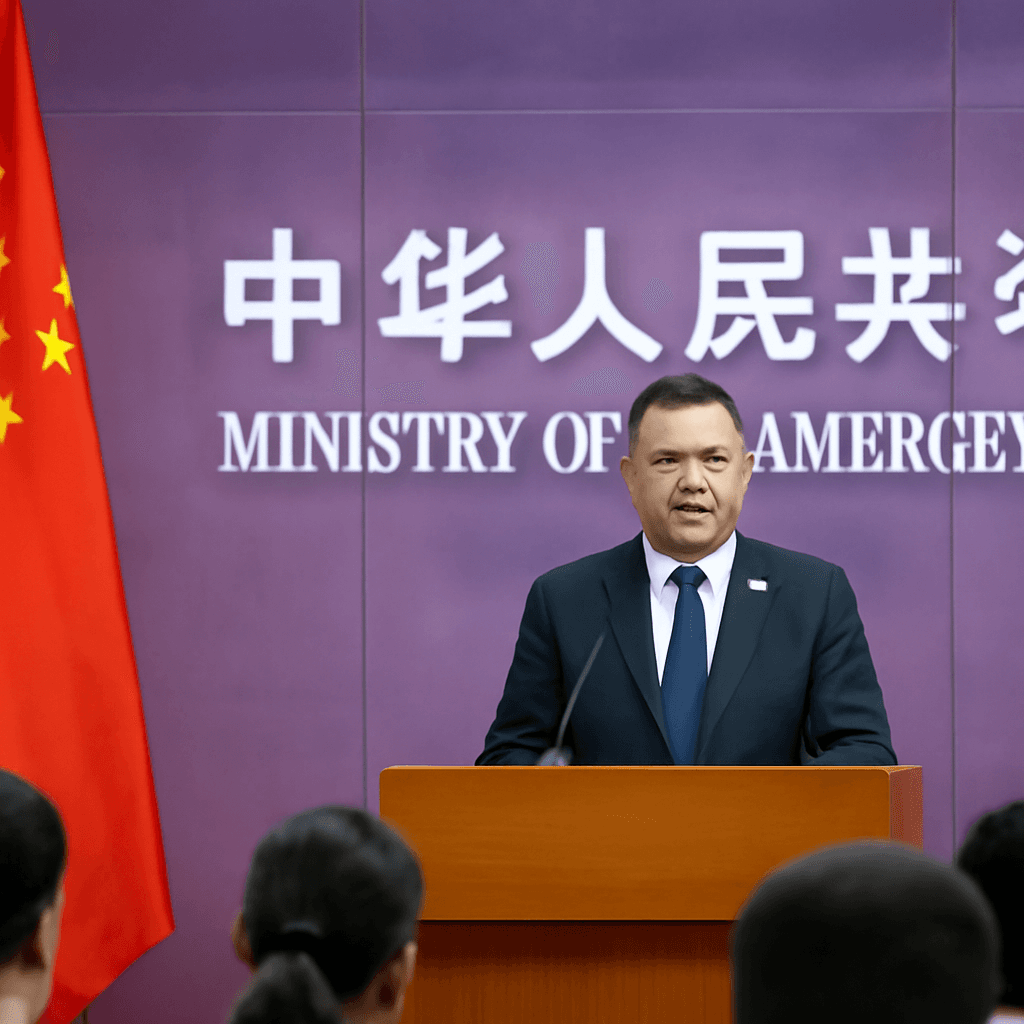US Tariff Increase and Its Implications for Indian Exporters
The recent announcement by the US administration to double tariffs on imported steel and aluminium is expected to adversely affect Indian exporters, particularly those specializing in value-added steel products and automobile components.
Background of US Tariff Policy
The tariff hike falls under Section 232 of the US Trade Expansion Act of 1962, which permits the imposition of trade barriers on imports deemed a threat to national security. Initially implemented in 2018, the tariffs set steel imports at 25% and aluminium at 10%, with aluminium tariffs raised to 25% earlier this year.
Impact on Indian Steel and Aluminium Exports
India exported approximately $4.56 billion worth of iron, steel, and aluminium products to the US in the fiscal year 2024–25. The breakdown includes:
- $587.5 million in raw iron and steel
- $3.1 billion in value-added iron or steel products
- $860 million in aluminium and related products
These increased tariffs threaten the profitability and competitiveness of Indian producers and exporters in the American market.
Industry Perspectives and Government Response
Experts urge the Indian government to engage diplomatically with US authorities to address these trade barriers and mitigate the negative effects. India has already signaled its intention to impose retaliatory tariffs on certain US goods at the World Trade Organization in response to previous tariff measures.
The Federation of Indian Export Organisations highlighted that the tariff hike would particularly impact semi-finished and finished steel products such as stainless steel pipes, structural steel components, and automotive steel parts—key sectors within India's engineering exports.
Strategic Recommendations for Indian Exporters
Industry leaders recommend that Indian exporters should consider diversifying their export markets and focus on developing higher-grade, value-added products to withstand protectionist challenges. Maintaining competitiveness through quality and innovation will be vital against the backdrop of rising trade barriers.
With global supply chains facing increased uncertainty, it is crucial for India to take proactive measures to safeguard its exporters from unfair disadvantages caused by sudden tariff escalations.

